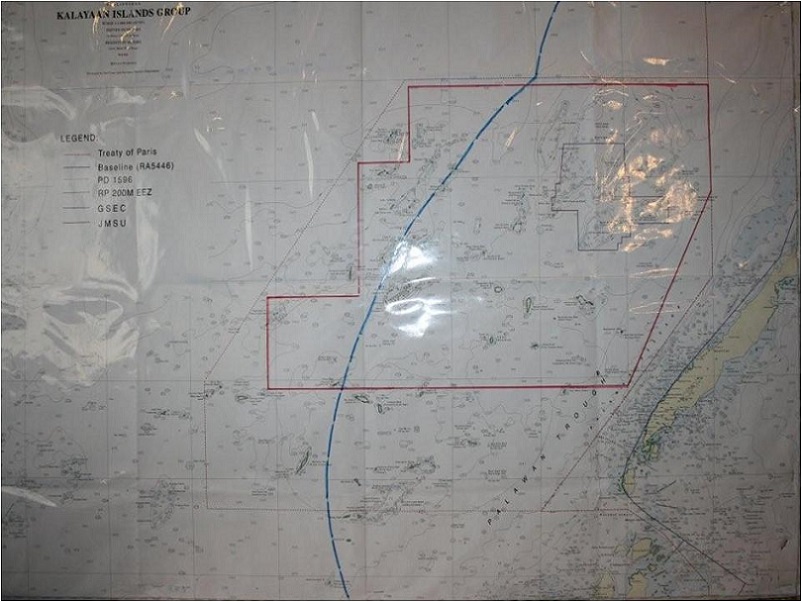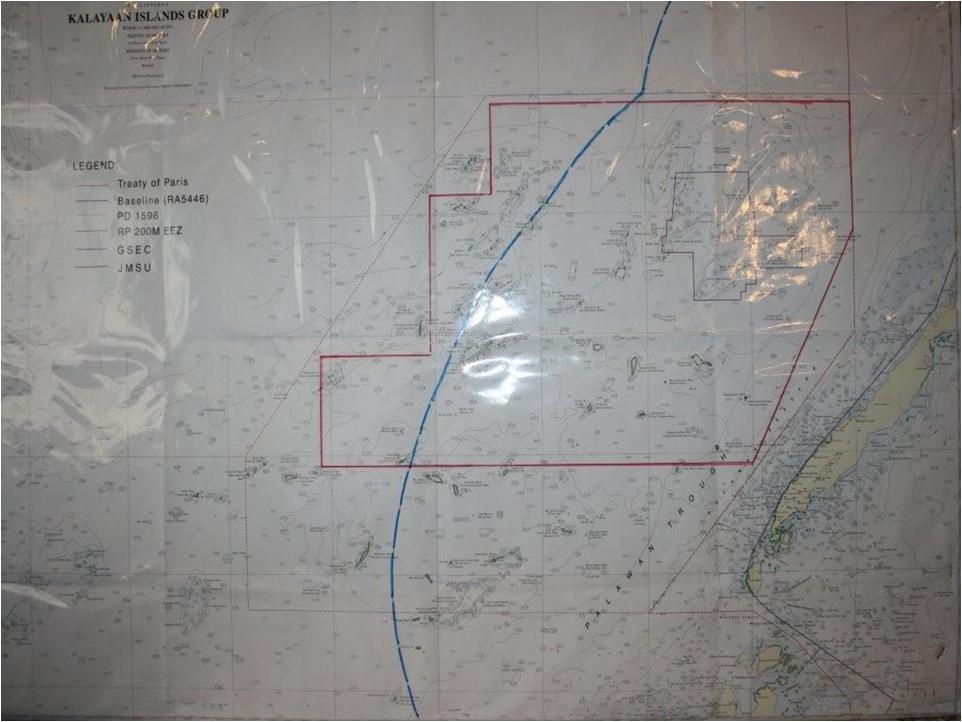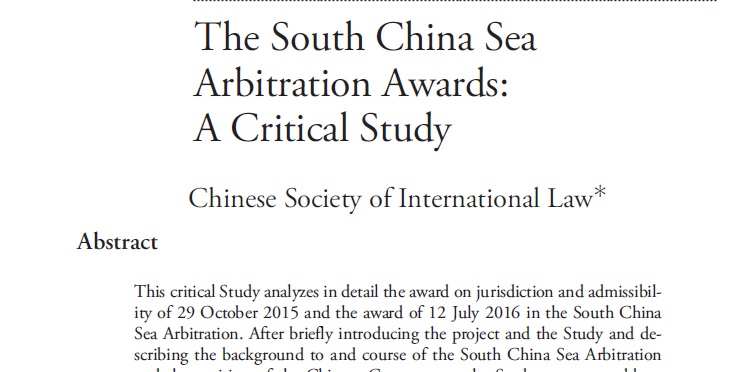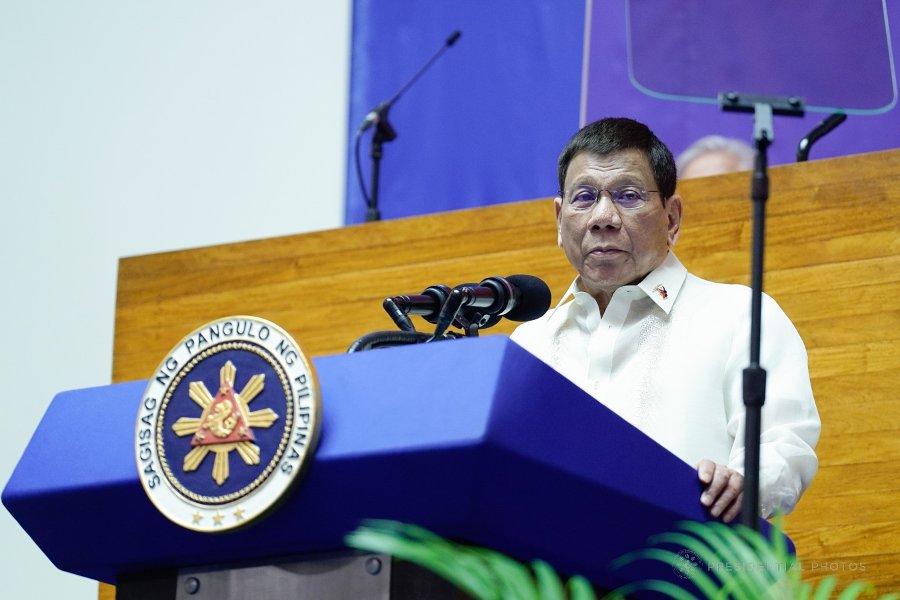The Supreme Court declared as unconstitutional today a 2005 agreement on joint exploration by the Philippines, China, and Vietnam of an area in the disputed South China Sea.
The High Court’s ruling on a petition filed by Bayan Muna 15 years ago comes a few days after President Ferdinand Marcos Jr. returned from a state visit to China. During the visit, Marcos said he discussed with Chinese President Xi Jinping the resumption of talks on joint development in Reed Bank off Palawan, a resource-rich area within the Philippines exclusive economic zone (EEZ) but claimed by China under its all-encompassing nine-dash line map of the contested waters.
Voting 12-2-1, the High Court also voided the Tripartite Agreement for Joint Marine Seismic Undertaking (JMSU) of the China National Offshore Oil Corporation (CNOOC), Vietnam Oil and Gas Corporation (PETROVIETNAM), and the Philippine National Oil Company (PNOC). The agreement covers 142,886 square kilometers of the South China Sea, most of it claimed by the Philippines as part of its EEZ.

“The JSMU is unconstitutional for allowing wholly-owned foreign corporations to participate in the exploration of the country’s natural resources without observing the safeguards provided in Section 2, Article XII of the 1987 Constitution,” the Supreme Court said in a press statement.
Former Bayan Muna Party-List Representatives Satur C. Ocampo and Teodoro A. Casiño, et al had filed the petition for certiorari and prohibition as they questioned the constitutionality of the JMSU which was signed on March 14, 2005. They argued that the agreement violated Section 2, Article XII of the 1987 Constitution which mandates that the exploration, development, and utilization (EDU) of natural resources shall be under the full control and supervision of the State.
The petitioners further said that the JMSU is illegal as it allows foreign corporations wholly-owned by China and Vietnam to undertake large- scale exploration of the Philippines’ petroleum resources, in violation of the Constitutional provision which reserves the EDU of natural resources to Filipino citizens or corporations and associations with at least 60 percent of capital owned by Filipino nationals.
The respondents in the case, on the other hand, maintained that the section cited by the petitioners does not apply to the JMSU is limited only to pre-exploration activities.
The Supreme Court, however, sided with the petitioners.
It noted that the term “exploration” pertains to a search or discovery of something in both its ordinary or technical sense and ruled that the JMSU involves the exploration of the country’s natural resources, particularly petroleum.
Citing the text of the fifth whereas clause of the JMSU, which states that the Parties‟ “expressed desire to engage in a joint research of petroleum resource potential of a certain area of the South China Sea as a pre-exploration activity,” the Court ruled that it is clear that the JMSU was executed for the purpose of determining if petroleum exists in the Agreement Area.
“That the Parties designated the joint research as a “pre- exploration activity‟ is of no moment,” the it said. “Such designation does not detract from the fact that the intent and aim of the agreement is to discover petroleum which is tantamount to “exploration.”
Associate Justice Samuel H. Gaerlan wrote the decision, which was concurred in by Chief Justice Alexander G. Gesmundo and 10 other Associate Justices. Associate Justice Amy C. Lazaro-Javier and Associate Justice Rodil V. Zalameda dissented, while Associate Justice Ramon Paul L. Hernando was on leave and did not take part.
The SC Public Information Office will upload in the SC website a copy of the decision once available.
Some of VERA Files’ past stories on JMSU:
The pitfalls of joint development of Spratlys with China
Six RP-occupied islands covered in controversial Spratlys deals




